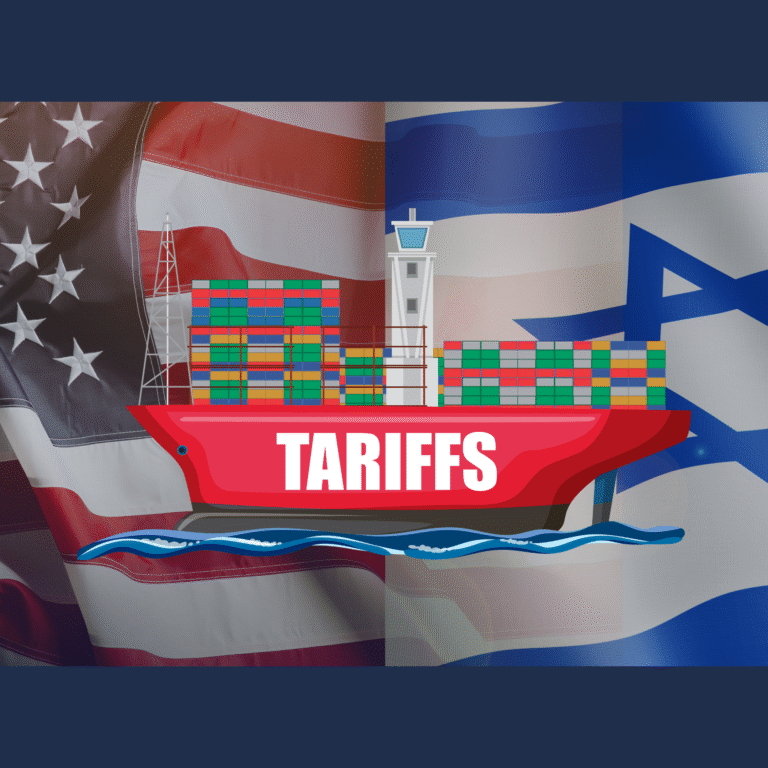

Dear fellow practitioners, CPAs, attorneys, and other professionals. Welcome to the fourth edition of our “Dreidel” newsletter about planning and investment issues of US citizens living overseas.
While we mostly focus on Americans living in Israel, we do also have clients in the UK, South Africa, Australia, and the EU. We reckon about 75-80% of expat money matters are related to the US side of the equation. So, while we may often use Israeli examples, they may be relevant to other countries, too.
This month we focus this on two key issues and how to address them.
Issue # 1. Treatment of 401k and IRA distributions for US expats living overseas
This question came up several times during an online seminar we presented with local Israeli CPA Gidon Broide, on the Israel ten-year tax exemption on foreign income, and what happens next.
- At what tax rate will the Required Minimum Distribution (RMD) be taxed? At the US tax rate or the local country tax rate?
- Will Roth IRAs be taxed on distribution?
This will depend on the tax treaty between the US and your country of residence.
For example, Israel is supposed to tax IRA and 401K distributions that were earned while working in the US, at the US tax rate. If you have rolled the 401k over into an IRA, it is important to keep the rollover documents to satisfy the Israeli tax authorities. You must document that the source of the IRA funds is indeed work-related, and not some tax-free investment scheme.
There is no clarity on whether Roth IRAs will be taxed. So, we recommend people to stick to regular IRAs if moving to Israel.
Issue #2 – Estate Tax on US domiciled assets for non-resident aliens – and how to avoid it
As you know, the estate tax exemption for non-U.S. citizens who are not resident in the U.S., is only $60,000 (as opposed to over $13.6 million per US person).
The estate tax is not levied on most bonds (that pay portfolio interest), and non-U.S. stocks. It is levied on US stocks, including dividend-paying preferred stocks, ETF’s, mutual funds, real estate and so on. For our non-U.S. clients, we build portfolios comprised strictly of:
- Interest paying government and corporate bonds.
- Non-US equity securities – there are two distinct types.
- International stocks – including American Depository Receipts – e.g., you can buy non-US domiciled companies like Nestle on the NYSE.
- Foreign-Domiciled Exchange-Traded Funds – even if the underlying securities are American. For example, we sold the S&P 500 ETF (SPY) traded in New York and bought an Irish-domiciled UCITs equivalent S&P 500 index ETF, trading in London, in USD.
We are comfortable that there are enough liquid traded ETFs in London and Amsterdam to replicate most of the U.S. market indices and sectors. We have a list of 20-25 such ETFs to choose from now – including commodities, sector, and international equities. Please note that an international equity ETF trading in NY is a U.S. product exposed to estate tax.
This applies to brokerage accounts and not to IRAs and other tax-deferred retirement accounts. We are happy to discuss this in further detail, if you do have non-US clients who live outside the US with US brokerage assets. Please contact us to discuss.
Disclaimer
Nardis Advisors LLC (“Nardis”) is a Registered Investment Advisory Firm regulated by the U.S Securities and Exchange Commission in accordance and compliance with applicable securities laws and regulations. Registration does not imply a certain level of skill or training. Nardis does not render or offer to render personalized investment advice through this medium. The information provided herein is for informational purposes only and does not constitute financial, investment or legal advice. Investment advice can only be rendered after delivery of the Firm’s disclosure statement (Form ADV Part 2) and execution of an investment advisory agreement between the client and Nardis.





